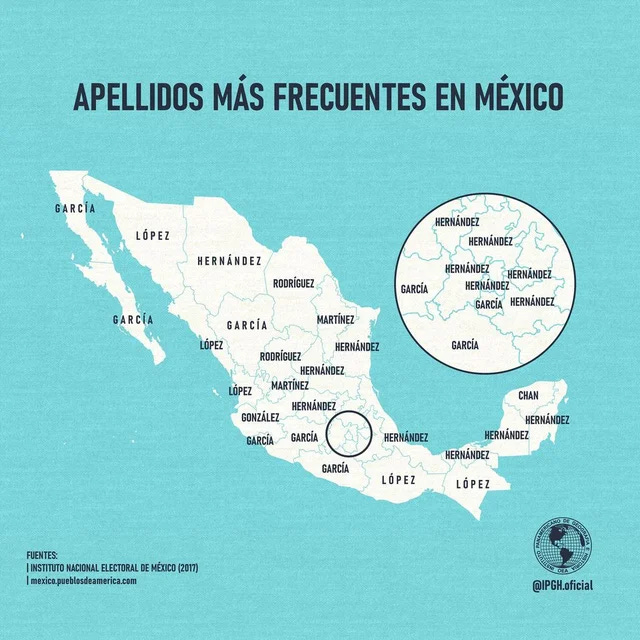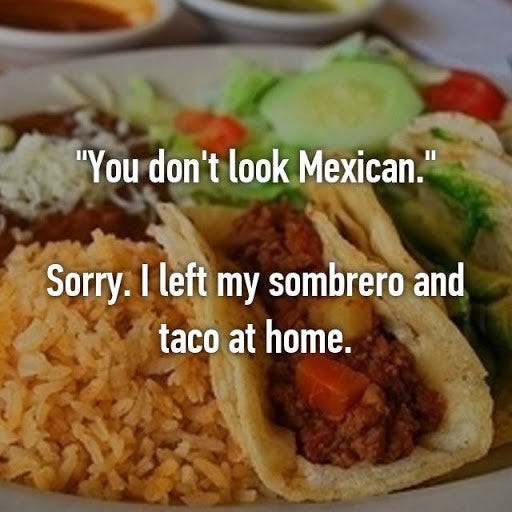Donde está Albert? By Flor Garduño, 2021
Writer’s note: Hi! Thanks for being here! I’ve been away, trying to find the courage to start again, as one does. Trying to do it a little differently this time as I get my bearings and find a way to do this sustainably. The paid subscription has been turned off, was since last year, so it will not recharge. All my gratitude if this was you, it helped immensely, and I will find a way to make it worthwhile. As of now, I invite you to support my work, if you can, and if it calls to you, by shooting me a tip via Venmo at @andreaaliseda. For now, the newsletter will be free, and air on Wednesdays, once a month minimum. Feel free to share this with whoever you think would enjoy, and support a fellow writer trying to make a living off her work. Cheers, and thank you all for sticking around. And if you’re new, thank you, welcome!
It was late one night at our local taco shop, El Tacomiendo, around the corner of our peach-colored house in Tijuana, that my dad told me I should use “Aliseda” as my professional acting name and drop “Hernández.” In between bites of a carne asada taco, I chewed away at the thought. Ahn-dreh-ah Ah-lee-said-ah. Acting, at the time, was my biggest dream, and the sentiment to drop my dad’s last name felt like his way of showing some kind of support towards the career. Aliseda is a place in Spain, I have found, but it is also my mom’s maiden name. Aliseda, my dad explained, was more unique. It’s the last name that belonged to my mom’s estranged, late dad who was born in El Jonquera, Spain. Hernández is my dad’s last name, meaning, “of Hernán,” or “son of Hernán,” one of the most popular last names in Mexico, deriving from the infamous, Hernán Cortés. It’s as Mexican as eating late-night tacos, head cocked, elbow out, standing erect.
My descendance has been a mystery for the most part of my life. My dad had severed ties with his family, and my mom’s family was in central Mexico, also estranged, so I didn’t grow up with the stories that shape us. The stories that tell of who and where we come from, that define us and give us deep sense of belonging.
Once I started working the restaurant industry, I’d get customers asking me the dreaded question only non-white folks in the U.S. get asked: where are you from? As if we so obviously don’t belong. Out of curiosity sometimes I’d answer with a question: where do I look like I’m from? The top answer I’d get was Indian. Other times, and always depending on what hair color I was wearing at the moment, I’d get Italian, Middle Eastern, or Brazilian. All of these assumptions flattering, but never Mexican. Once I’d reveal I was Mexican, their faces wore shock. This made me wonder, what did they think “Mexican” looked like?
Because of the internalized colonization, colorism, and racism that exists in Mexico, only the European sides of my lineage were acknowledged with certainty. For example, my maternal grandmother is of French descent, my paternal great-great-grandmother: Russian-French. In contrast, my paternal great-great-grandfather’s origin––who had a dark complexion, and fought in the Mexican revolution as a Zapatista––remains a mystery.
Being isolated from extended family in the border town of Tijuana, I grew up naively thinking I came from the Aztecs and Spanish exclusively––at least this is what I was taught in school. But that was deeply flawed, and a form of erasure to all the other descendants and Indigenous peoples that make up “Mexican.”
“According to what we were told, and what we continue to be told — by our parents, teachers, and too many historians and intellectuals — we are all mestizos because we are all descended from a Spanish conquistador father, no more and no less than the implacable and fearful Hernán Cortés, and a conquered, Indigenous mother, our very own La Malinche, Cortés’s beautiful but traitorous local interpreter.” –The Myth of the Mestizaje by Federico Navarrete, November 27, 2020
As a Mexican immigrant living in the United States, my understanding of Mexico and my Mexicanness has been on a wheel; ever-evolving, ever-changing, ever-shape-shifting. And moreover, my perspective has become one of an outsider peering in; inquisitive, lost, longing for belonging, and looking for clues everywhere between borders and Whats App messages.
Mexican, first and foremost, is a nationality, not a race. This, I now understand with utmost clarity.
I’m not sure when the simplification of “Mexican” happened, perhaps it came with the identity marker: mestizo. A term which sought to erase all the other identities that also exist within the nation.
Mexico is home to Indigenous peoples and to Spanish descendants, this is true, but also to African descendants, Lebanese descendants, Chinese descendants, Jewish descendants, Italian descendants… I could go on. Last year, President Andrés Manuel López Obrador became the first Mexican president to issue a long-overdue apology for the 1911 massacre of Chinese peoples in the city of Torreón. And in fact, the Chinese influence is felt deeply in my partner’s hometown of Mexicali, which is famous for its Chinese food. Coffee, tamarindo, plantain, even hibiscus––all of which are definitive ingredients in Mexican cuisine––wouldn’t exist in Mexico without the African lineage (though they were initially forced to Mexico in chains). The beloved trompo which spins al pastor meat––something so quintessentially Mexican––wouldn’t exist without the Lebanese. Pati Jinich, a Mexican-Jewish chef, has brought the depths of Mexican food to our American screens on PBS with ‘Pati’s Mexican Table’ and ‘La Frontera’, and into the hearth of our modern kitchens with her myriad recipes and three cookbooks. The creamy Fettuccine Alfredo pasta was invented in Mexico City, and the Caesar salad in Tijuana, by Italian immigrants. Mexico is a nation colored by peoples from all over the world––and yet it is not acknowledged as such.
And like Mexico, whose people reveal a complicated history and identity, so does my name.
Aliseda is the last name of the man who left my mother at 6 years-old. Who left my grandma for his secretary. Who I met for mere minutes when I was 18. Whose dark eyes laid upon his daughter and grandchildren coldly one sunny León, Guanajuato day without so many words, driving off into the dusty nothingness in a pick-up truck. I know nothing of his lineage.
As for Hernández, I have found, this is not the name of my lineage. My dad’s biological dad passed away tragically and unexpectedly before he could meet him. And so when my paternal grandmother remarried, this man with the last name of Hernández took his place. From what I’ve gathered, he was not an honorable person. Instead, my dad’s biological father is a man with the last name of Manzano who hailed from Puebla, Mexico. So, perhaps in another universe, in a parallel world, I could have been: Andrea Manzano Aliseda. I like the wholesomeness of Manzano––Apple tree. Andrea Apple-Tree. Though I know nothing of my paternal biological grandfather’s lineage, his name holds only wonder. A question of what could have been.
And now, what am I left with?
Andrea. Six letters. Three vowels.
It’s a name of Italian and Greek origins that means, “of a man” or “manly.” A name which I have resented for this meaning most of my life––I’m not of a “man,” I’m of myself, I’d think, bitter that the patriarchy wanted my first name too. All while wishing my name was, “Sophia.” (It means wisdom.)
When I moved from Mexico to the U.S., my name changed from “Ahn-dreh-ah” to “Auhn-dree-uh” and other unfamiliar pronunciations that when awkwardly spoken aloud by a foreign voice, sounded like tongues tripping on teeth. I love the name sonically in Spanish, but only few get it right. And still, sometimes even that pronunciation can feel triggering, hearing it in Spanish sometimes carries the anger that name held when I’d get in trouble with my father.
But now I see, “of a man” was a limited description. Maybe a man wrote it. I interpret it more as “of human,” because I’m so very tethered to this world, so painstakingly, clumsily, awkwardly, human.
And in surrendering to this human experience, I lean into the other meanings my name holds, “warrior” and “courageous.” Perhaps there, I’ll find the space and strength to reckon with this complicated, uniquely Mexican history that I hold in my birth name; make amends with who I am, what I was born into and from, and ascend from it. Like an apple soaring from a tree, to plant her seeds of life elsewhere.






Internally screaming at just how perfect you capture my feelings in writing! The in betweenness of being Mexican is so complicated and I can’t explain the joy I feel being validated in this experience!
This resonated so much for me! Congrats on a first post back!